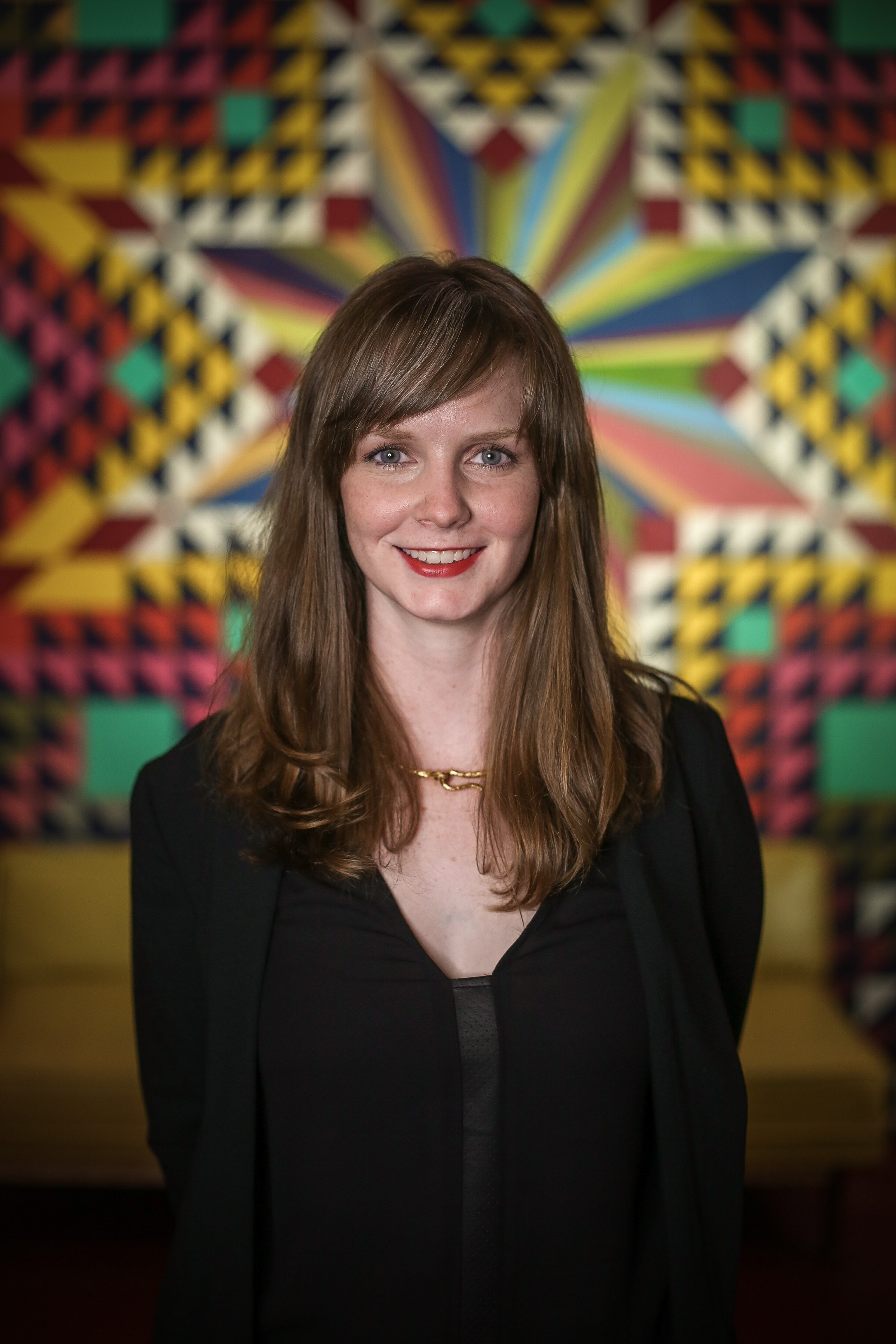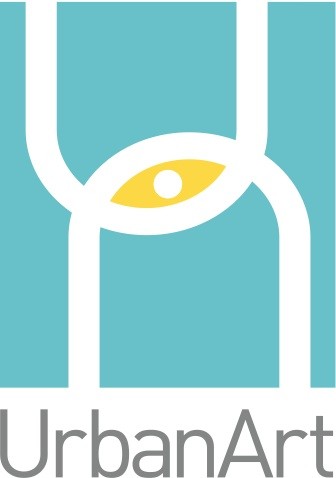 UrbanArt Commission
UrbanArt Commission
Kennedy
Last week Memphis City Council members pulled $350,000 from the UrbanArt Commission (UAC) in a move that shocked leaders of the organization that commissions public art for the city.
Council member Joe Brown led the effort to pull the funding saying the commission doesn’t spend enough money with local or minority artists.
UAC executive director Lauren Kennedy said the move “didn’t knock us out” and that “we’re still in the mix.” She said she’ll return to council in July to request the funds be put back in the UAC budget for the next coming fiscal year.
When she goes back to council, though, Kennedy said she’ll show them UAC is ready to find more opportunities for locals and minorities. — Toby Sells
Memphis Flyer: So what happened at the council meeting and what led up that?
Lauren Kennedy: There have been concerns over the UrbanArt Commission awarding projects to folks out of town as long as I have been aware of the UrbanArt Commission, definitely before my time as the executive director.
I can appreciate where people are coming from. I can appreciate looking at money being spent and wanting that money to be spent locally. I have never felt that this is an either/or proposition.
Supporting local artists doesn’t mean that we shouldn’t be engaging with the wider world. To ask that we only support local artists cuts us off from what’s happening in the rest of the country in a way that doesn’t do anybody any service.
(The council’s decision to cut our funding) kind of came to a head. It was an issue for councilman (Joe Brown) in such way that he called for this vote, for an amendment to the budget. It did come out of left field.
Since (the vote last Tuesday afternoon), I have been working with the city administration on what this means and how we’re going to come back to council and ask for them to restore that additional project funding.
It’s important for people to understand that this not an elimination of our funding. There are still projects in there for the (2018) budget cycle coming up. At this moment, there isn’t a reason to believe that we’re not going be successful going back to (the council).
We have a lot of one-on-one conversions to do and the need to demonstrate support from some key partners and some of the other (members of) the council that we know are behind us. I’m hoping we go back to (the council) in July.
MF: You said you found out about the funding cut maybe 10 minutes before the meeting. So, this was a surprise?
LK: It was a total surprise to me. I caught wind that that might happen walking into the larger council meeting.
MF: So, you were walking in there with all the plans for UAC laid out for the next year. Then, you find out that your year is going to be more challenging.
LK: We go to several budget meetings with council before the budget is approved. So, we had already presented the projects allocated for that $350,000. We were approved in an earlier budget meeting for that. So, we definitely did not anticipate that being an issue after that information had already been shared and discussed.
The $300,000 that is still in the 2018 budget was a late addition, a request from councilman (Edmund Ford Jr.) to reinstate the district mural program. So, we’re grateful that he elected to put that to the rest of his fellow council and that he supported that effort and that it is included in the budget.
MF: How do you make the case for using Memphis dollars to support out-of-town artists?

LK: I think we grow as a community by interacting with and spending time with and seeing art made by people living in different places and contexts. I think that fuels artists here when they see something they don’t see all the time here.
Artists that are coming into the city have a real positive experience being here and they take that home with them, which to me spreads the gospel about the art community in Memphis.
There’s also a really beautiful exchange that can happen where an artist from out of town spends time with somebody here and then they end up being invited to participate in a show or they find out about a project opportunity in a different place because now there’s a new connection.
It’s always a two-way street. I just feel like we’re not the only city making art. I don’t feel like we should act like that and I think we should invite other people to have creative experiences here. We want them to see us as that kind of city.
We want artists here to make connections with people in different places because, ultimately, we want people from Memphis to be competitive at home and across the country.
MF: What do you make of the assertion that the UrbanArt Commission doesn’t go far enough to support artists of color?
LK: It’s not true that we don’t support local artists of color. But we do have a lot of room to grow.
People of color in the art world experience the same inequities that come at people of color in all of the different industries in Memphis and across the country. There are the same barriers to educations and training and resources (in the art world) as there are in the tech industry.
There’s a lot of work to be done by a lot of different kinds of people to make sure that artists of color — any marginalized artist because in public art it’s also a very male-heavy industry so there’s a need to support women artists, LGBTQ artists, anybody that experiences any kind of marginalization… We all have a lot of work to do to make sure those people are supported and make sure they have the tools they need to be competitive here and around the country.
It’s something that we’re taking very seriously as an organization, exploring how we can be a better support mechanism, how we can engage more artists and different kinds of artists because we’d also like to see greater diversity in the media that we’re presenting to the public.
MF: How do you go forward in the near term?
LK: We’re scheduling lots of meetings, making lots of phone calls. We’re going to be sharing some thoughts on Facebook for people who are out there and feeling angry about this decision. As we get closer to knowing when we’re going back to council, we’re going to ramp up some more public displays of support around that.
But it’s touching base with a lot of people that are supported by and invested in this work and letting them know that this hasn’t knocked us out. We’re still in the mix. We’re not going anywhere.
[pullquote-1]We’ll be spending time with people who have concerns and making sure those concerns are heard and that they see what we’re going to address it as best we can.
MF: So, that’s what you’ll tell council? We have plans to maybe incorporate more local artists and maybe more minority artists.
LK: These have been priorities for us before now but we clearly need to make that understood and put that forward far more for the people who don’t see us. That needs to become a greater focus for us publicly where it has been as a team and with our board for a while now.
But we need to put some more weight behind that and we’re going to do that. We are going to respond to what we’re hearing now.
MF: Is there anything we left out or something you’d like to add?
LK: We’ve really been thinking a lot as a team about how we support artists better. The larger strategy we’ve been working on and refining over the next year is that it’s not just training opportunities or information sharing but it’s also hands-on experiences with somebody who is established in that space.
So, we’re looking for projects and budgets for projects that have apprenticeship opportunities with somebody from out of town if they’re coming in to lead a project.
Also, we’re looking at providing smaller project opportunities for people to get their feet wet so they have real images and experience to point to when applying for bigger and different kinds of projects.
This has to happen on several levels to really get artists here to where we want to see them as they show up in the (public art) space. I’m not saying there’s not talent here. I’m not saying that at all.
I know there’s so many beautiful creative people in this city but looking at proposals when they come in there’s still a lot of ground to cover to be more competitive with some of these folks from out of town.
Also, UrbanArt Commission staff does not vote in artist selections through the city-funded process. We facilitate the conversations and process, but the selection committees we pull together for each project actually make the decision about who is selected.
——-
Head out to Midtown Crossing Tuesday to hear more about UAC’s plans going forward.